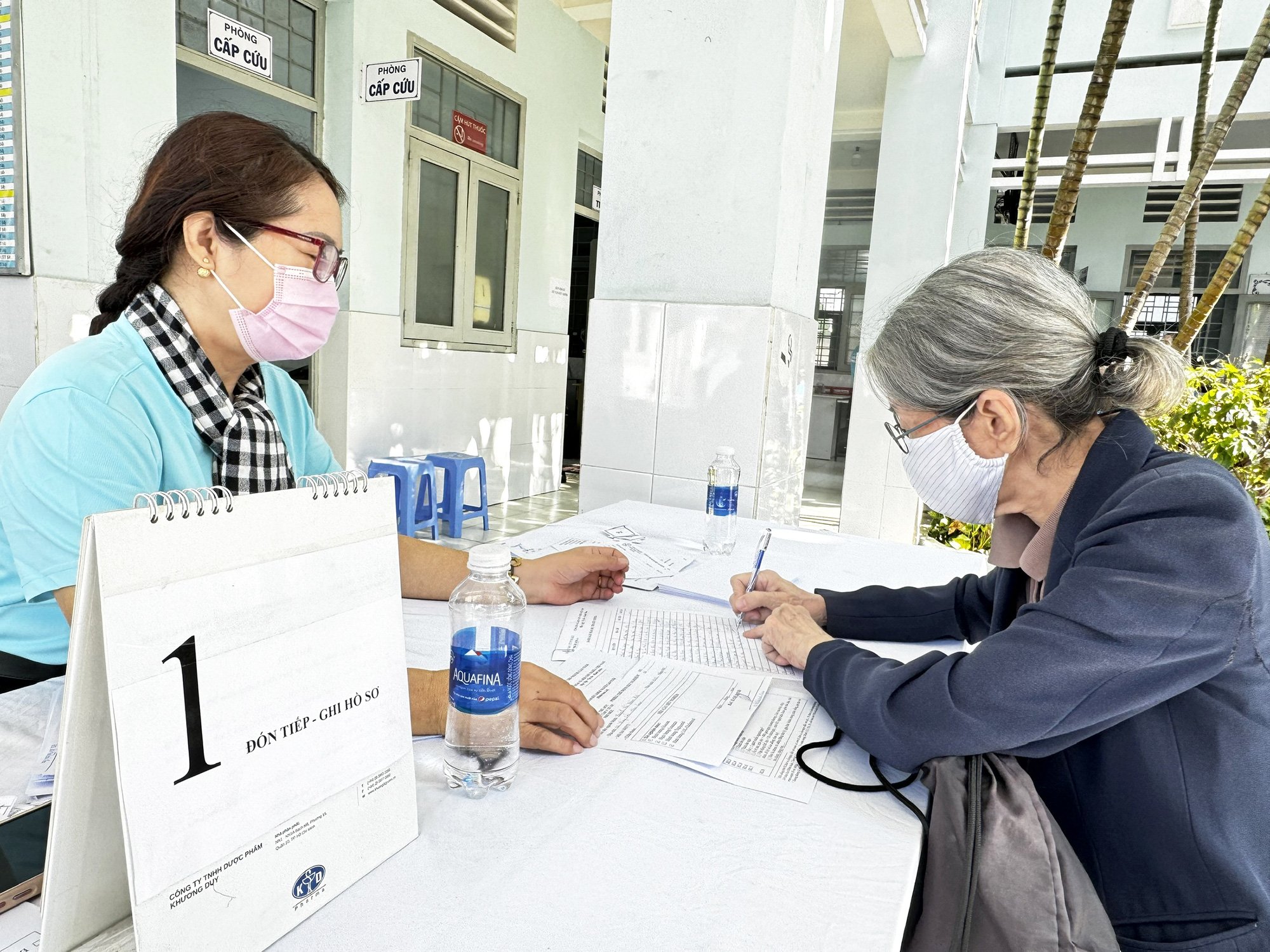
Elderly people (over 60 years old) in Ho Chi Minh City come to the medical station for free health check-ups regardless of temporary or permanent residence - Photo: THU HIEN
At 5:00 a.m., Mrs. NT (80 years old, Thu Duc City) woke up early, exercised, and prepared to go to Phuoc Long A Ward Health Station for a free general health check-up. Not only Mrs. T., many elderly people in the ward were also eager to go to the health station to line up and wait for their turn to see a doctor.
Surprised to get free check-up
According to Tuoi Tre, at 7am on April 16, at Phuoc Long A Ward Medical Station (Thu Duc City), many people aged 60 and over came to the medical station, lining up to wait for their turn to be examined. To make it convenient for the elderly to avoid having to cut in line and wait for a long time, the station arranged rows of chairs neatly.
Deep inside the medical station is divided into many different areas: ultrasound, blood test, blood pressure measurement... Doctors and nurses examine and support staff enthusiastically guide, there is also an area to give out breakfast after the examination and free milk for everyone to take home.
Ms. NT shared that she has had diabetes for many years, often requiring her to go to the hospital for regular check-ups, having to bring her children and grandchildren along and waiting for a long time. Before the day she went to the health station for a check-up, the neighborhood came to give her a check-up form and carefully instructed her on the check-up date, which made her very happy.
"I was so excited that I woke up at 5am and invited some other women who live nearby to go with me. The medical station is close to my house, so it's convenient to go to the clinic and exercise, without bothering my children. I was very happy that the examination was quick this time, and I didn't have to wait like at the hospital," Ms. T. confided.
Ms. Nguyen Thi Thanh Xuan - Vice Chairman of Phuoc Long A Ward People's Committee - said that the ward has 6 neighborhoods and 2,500 elderly people. To examine the elderly, the locality has mobilized community health collaborators, residential groups, and the Red Cross to support the elderly. For elderly people with difficulty traveling, the locality will support home examinations. If they do not need examinations, their information will be retrieved for easy management.
During the first round of examinations in March 2024, due to lack of experience in organizing, many elderly people came and had to wait a long time. After that, the locality learned from experience and divided them into neighborhoods to avoid the elderly having to wait. In the following months, the ward will conduct examinations in the remaining neighborhoods, expected to be completed in November 2024.
According to Ms. Xuan, most of the elderly people want to have essential medicines at the station after the examination, but currently there are not enough, so they have to go to the hospital to get medicine. In the short term, the ward should mobilize social resources and mobilize benefactors to support essential medicines, in the long term, more medicine is needed for the medical station.
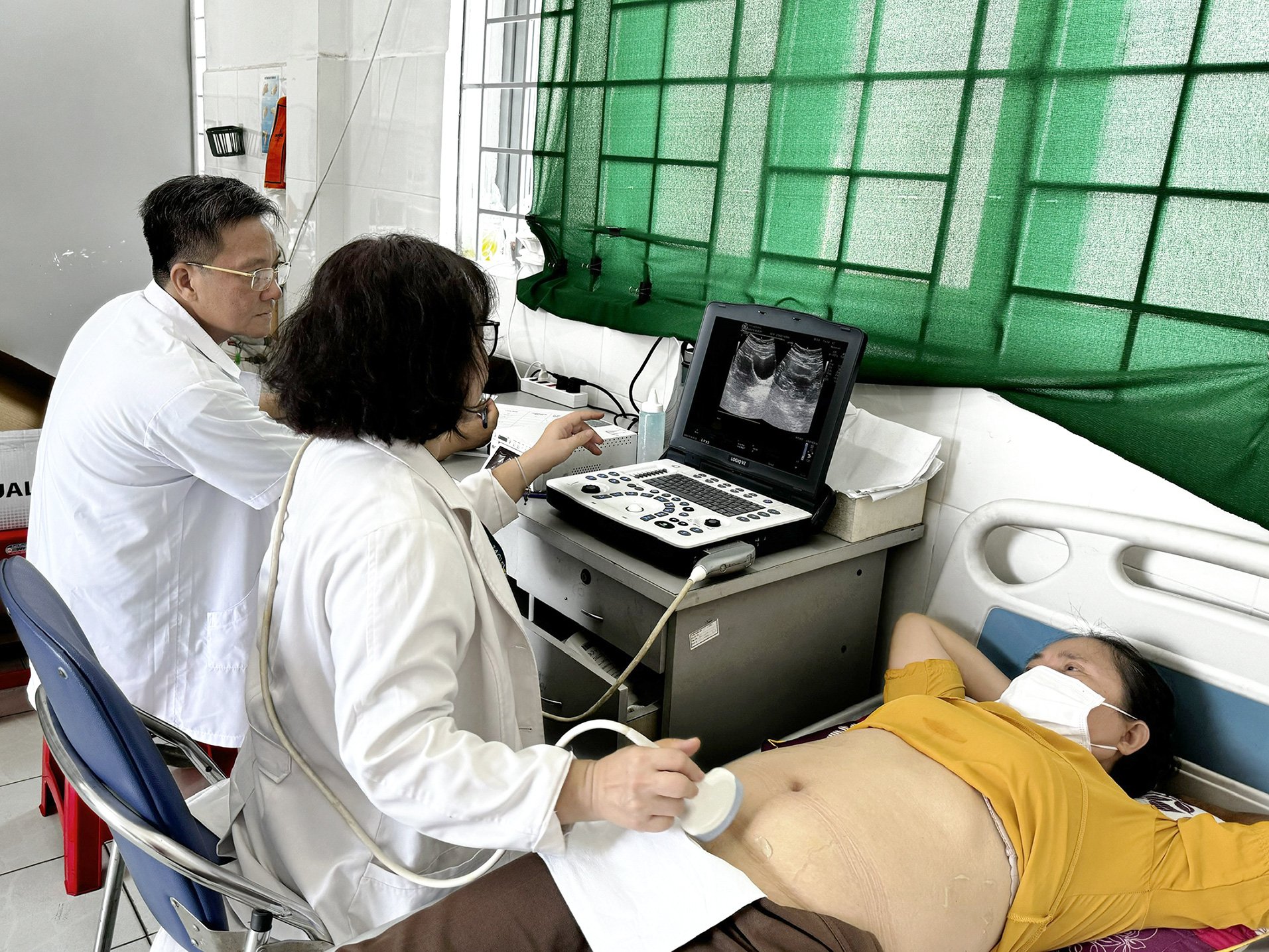
Elderly people (over 60 years old) in Ho Chi Minh City come to the medical station for free health check-ups regardless of temporary or permanent residence - Photo: THU HIEN
Early detection of disease results in higher treatment effectiveness
In 2023, the Ho Chi Minh City People's Committee issued a plan for health check-ups and early detection of non-communicable diseases in the elderly for the period 2024-2025 and the following years. The city spends nearly 150 billion VND/year on free health check-ups for over 1 million elderly people to detect diseases remotely, reduce treatment costs and improve the quality of life for the elderly.
Dr. Nguyen Trung Hoa - Director of Go Vap District Medical Center - said that according to statistics, the district has about 78,000 elderly people. From March 2024, all wards in the district will begin to conduct health check-ups for 10% of the elderly. From April until the end of the year, the health check-ups will be completed for at least 69,000 people, reaching 90-100% of the elderly (at least 80% as required by the Ho Chi Minh City Department of Health).
However, because this is the first year of implementation, people are not very interested, many people still think that they do not have any diseases so they do not need to be examined, besides 30-40% of elderly people with chronic diseases who are being treated want to go to the hospital or many people encourage them to go for examination.
According to Dr. Hoa, to complete each health station well, it is necessary to mobilize community health collaborators and volunteers to support. At the same time, it is necessary to have adequate equipment, and doctors from district hospitals come down to examine on-site as a new medical facility, hoping to "exhaust" all examinations and also create trust for the people.
Speaking to Tuoi Tre, Mr. Nguyen Van Vinh Chau - Deputy Director of the Ho Chi Minh City Department of Health - said that as of April 17, the whole city had examined more than 57,000 people (accounting for 5.2%). Currently, districts are speeding up the progress of health examinations to complete the task by the end of 2024. Because the program is in the starting stage, some localities have not really been determined to direct, compare, and review the list of elderly people, leading to passivity.
"This is the first time that health stations have implemented health check-ups for the elderly in large numbers. Some are still confused about the arrangement of the process of receiving the elderly at the examination points. The Department of Health will continue to send working groups to localities to record difficulties and provide timely support to districts," said Mr. Chau.
According to Mr. Chau, some units have not yet fully met the drug demand for medical examination and treatment. There are many reasons leading to this situation. One of the objective reasons is that the quantity of drugs purchased by each medical center is small, and many suppliers do not participate in bidding.
The Department of Health has planned to implement a combined procurement package to increase the volume of purchases and increase the ability to supply medicine to primary health care facilities (including medical centers and health stations).
Medical centers can submit estimated quantities for group purchasing with other units and assign one unit to organize the purchasing.
Recommend that the Ministry of Health provide guidance on bidding for the procurement of sufficient drugs for primary health care.
Mr. Nguyen Van Vinh Chau said that one of the difficulties is that there is currently no specific guidance for implementing bidding in the form of lump-sum procurement for grassroots health care. The Department of Health has sent an official dispatch to the Ministry of Health asking for guidance on implementation.
While waiting for instructions on implementing procurement according to new regulations, the Department of Health is coordinating with units to prepare steps to build a list so that the bidding package can be carried out as soon as possible.
Source


![[Photo] Prime Ministers of Vietnam and Thailand visit the Exhibition of traditional handicraft products](https://vphoto.vietnam.vn/thumb/1200x675/vietnam/resource/IMAGE/2025/5/15/6cfcd1c23b3e4a238b7fcf93c91a65dd)


![[Photo] National Assembly Chairman Tran Thanh Man meets with Thai Prime Minister Paetongtarn Shinawatra](https://vphoto.vietnam.vn/thumb/1200x675/vietnam/resource/IMAGE/2025/5/15/e71160b1572a457395f2816d84a18b45)


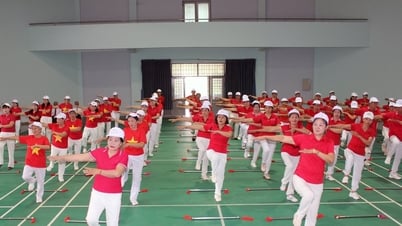











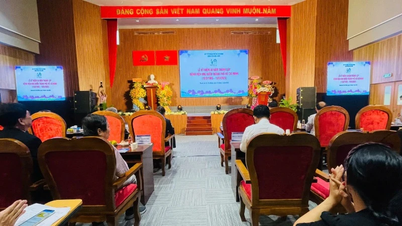

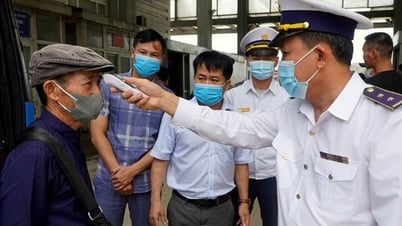
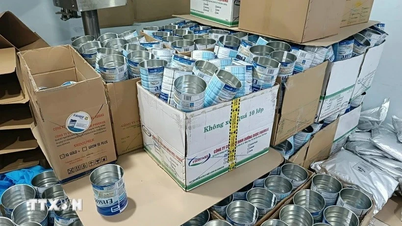

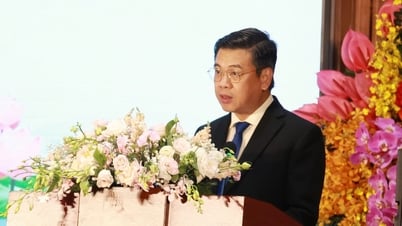







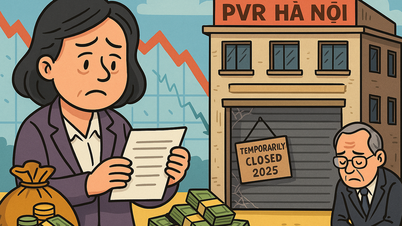
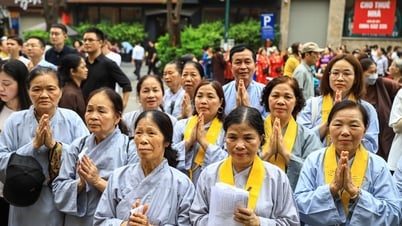



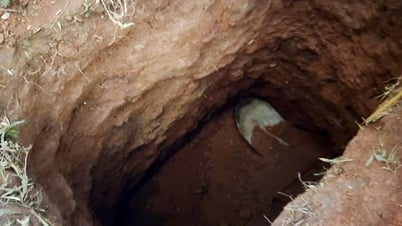





























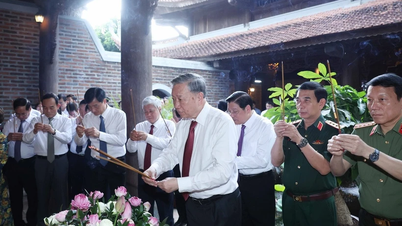
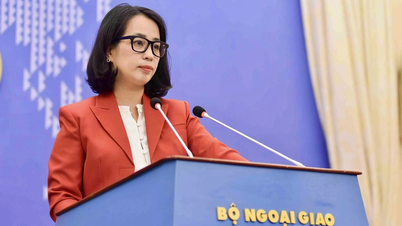









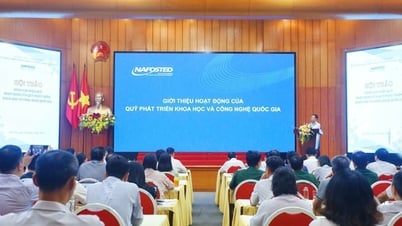

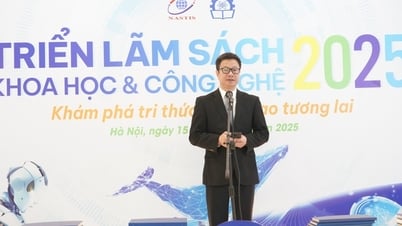




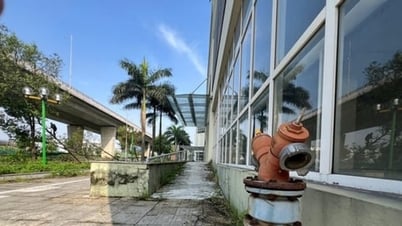
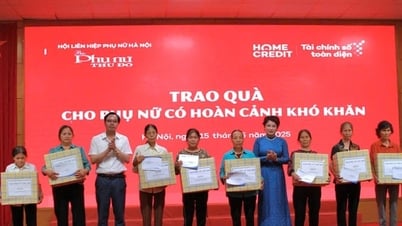



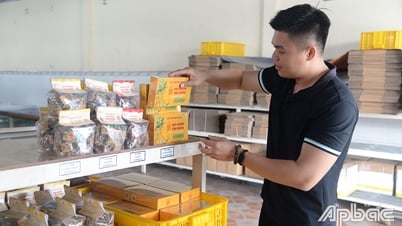






Comment (0)